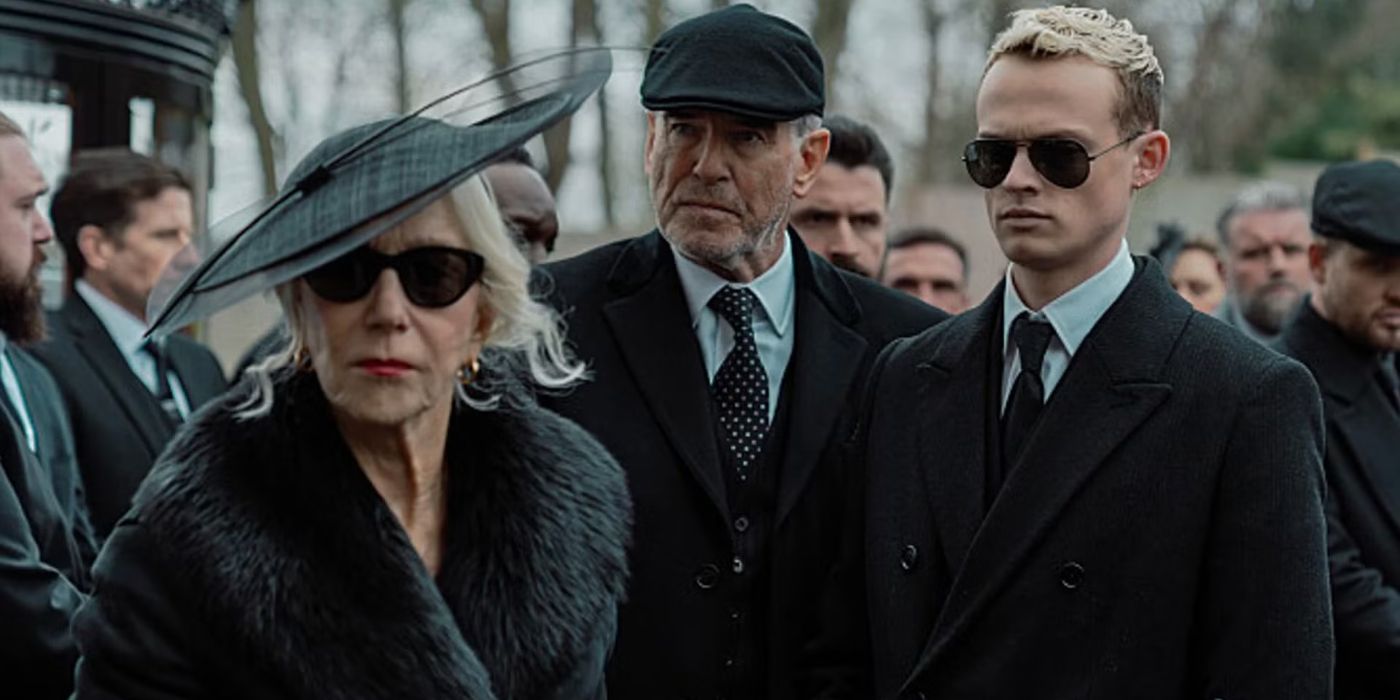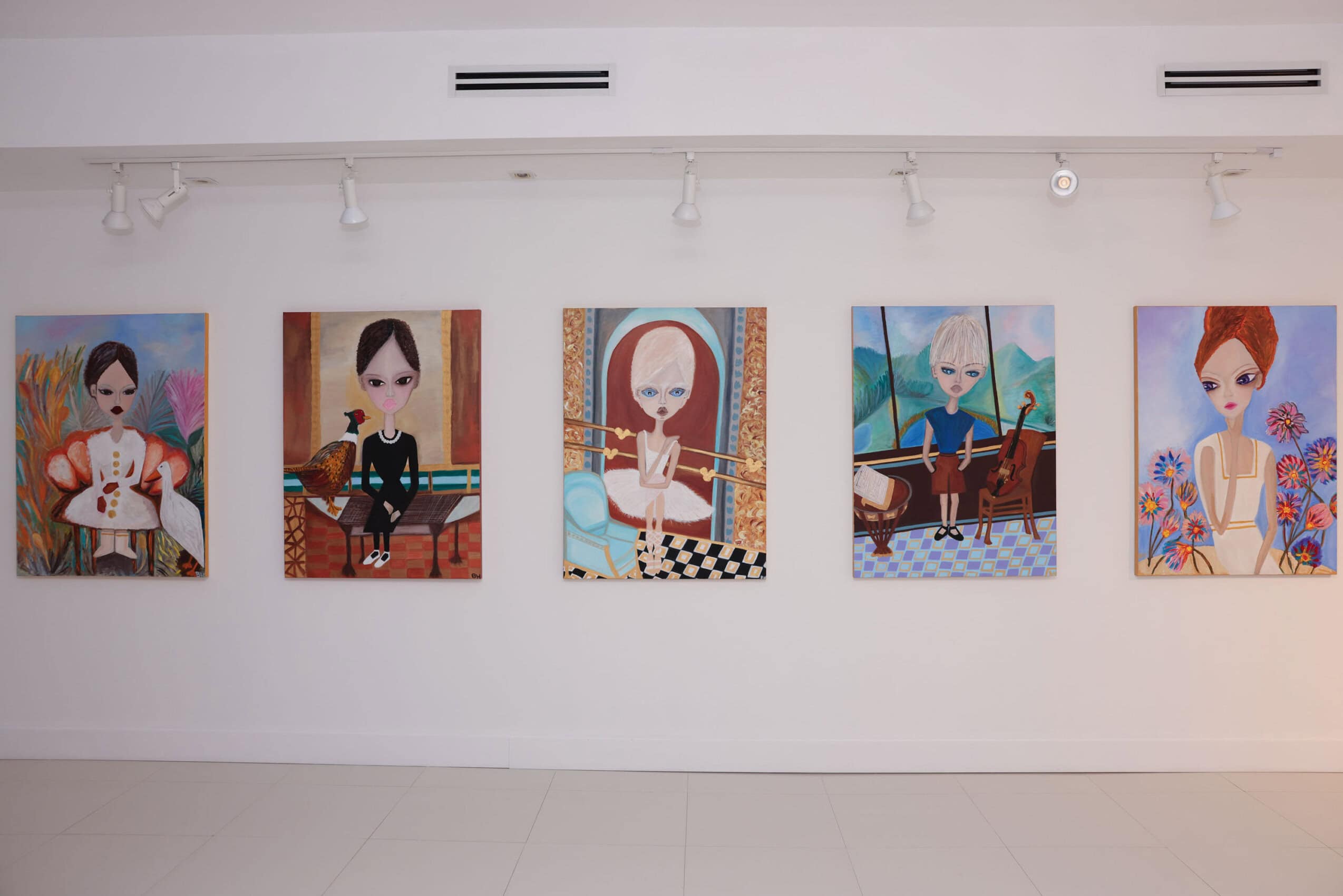In the neat, uniquely conceived apocalyptic film “Brutal Heat”—competing in the Proxima section—a solar fragment is hurtling toward earth. No one knows if it’s going to hit the planet or just barely miss. But it is making everything hotter, consequently making everyone more violent, and hornier. To escape his contentious relationship with his dad, the teenage Vincent (Vincent Hospodářský) opts to leave the sweaty confines of their apartment, to go stay with some friends in a cabin in the woods. Unfortunately for Vincent, the train driver, dazed by the heat, skips his stop. He needs to take the bus back.
The writer/director Albert Hospodářský throws several vicious and sexual obstacles in Vincent’s way: There’s an older woman who hits on him, causing him to miss his bus. There’s a marauding gang searching for people to pummel. There’s also a grieving gas station attendant who mistakes Vincent for her lost son. Other traps emerge, built by the sexual tension that hangs in the air, but by the final third, the smart concept begins to wane as we wonder what the emotional payoff will be.
We know, for instance, that at its basest level, the film can be taken as a metaphor for global warming. We can also consider it as a statement about the desires that drive us, even in times of crisis. And yet, neither is a natural emotional thesis. Even after Vincent is disfigured, caked under a heavy prosthetic, you wonder if the gruesomeness has some deeper meaning. The other shoe doesn’t drop until the end. Without offering spoilers, the conclusion offers a light, fulfilling grace note, binding us to the film’s altruistic sentiment. While “Brutal Heat” is a fascinating premise wrapped in a thin plot, the sincerity in what’s the director Hospodářský’s debut, is a good win for a kind-hearted apocalyptic film.
A brisk, at times uneven documentary, “Dancing on the Edge of a Volcano,” from director Cyril Aris is a reported piece on a tragedy wrapped in a making-of film. Derived from a quote in Maroun Bagdadi’s documentary “Whispers,” which chronicled the decay of 1980s Lebanon during the Lebanese Civil War, the film’s title refers to the need to find simplicity and normalcy even amid precarious times. Those precarious times returned on August 4th 2020 when an explosion of precariously stored hazardous materials on a Beirut dock led to widespread destruction. Among the many who were affected by the event are filmmaker Mounia Akl and her crew.
You can view the original article HERE.


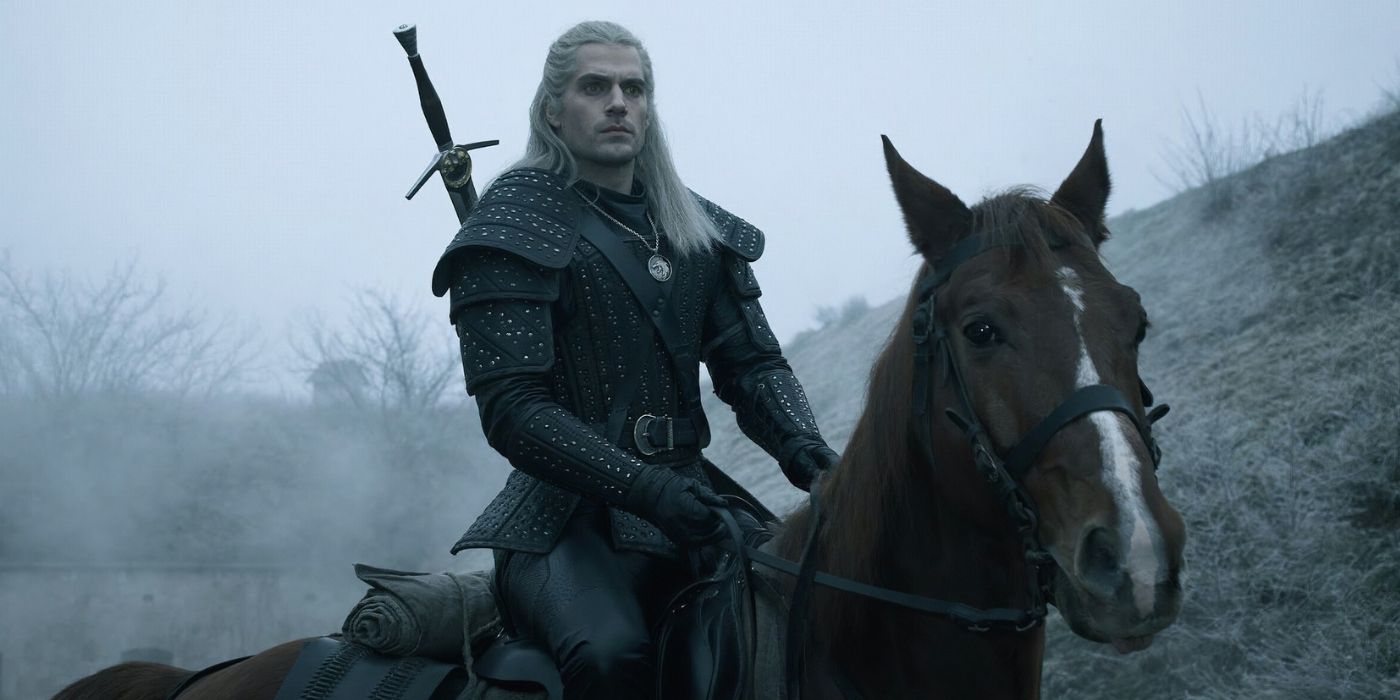



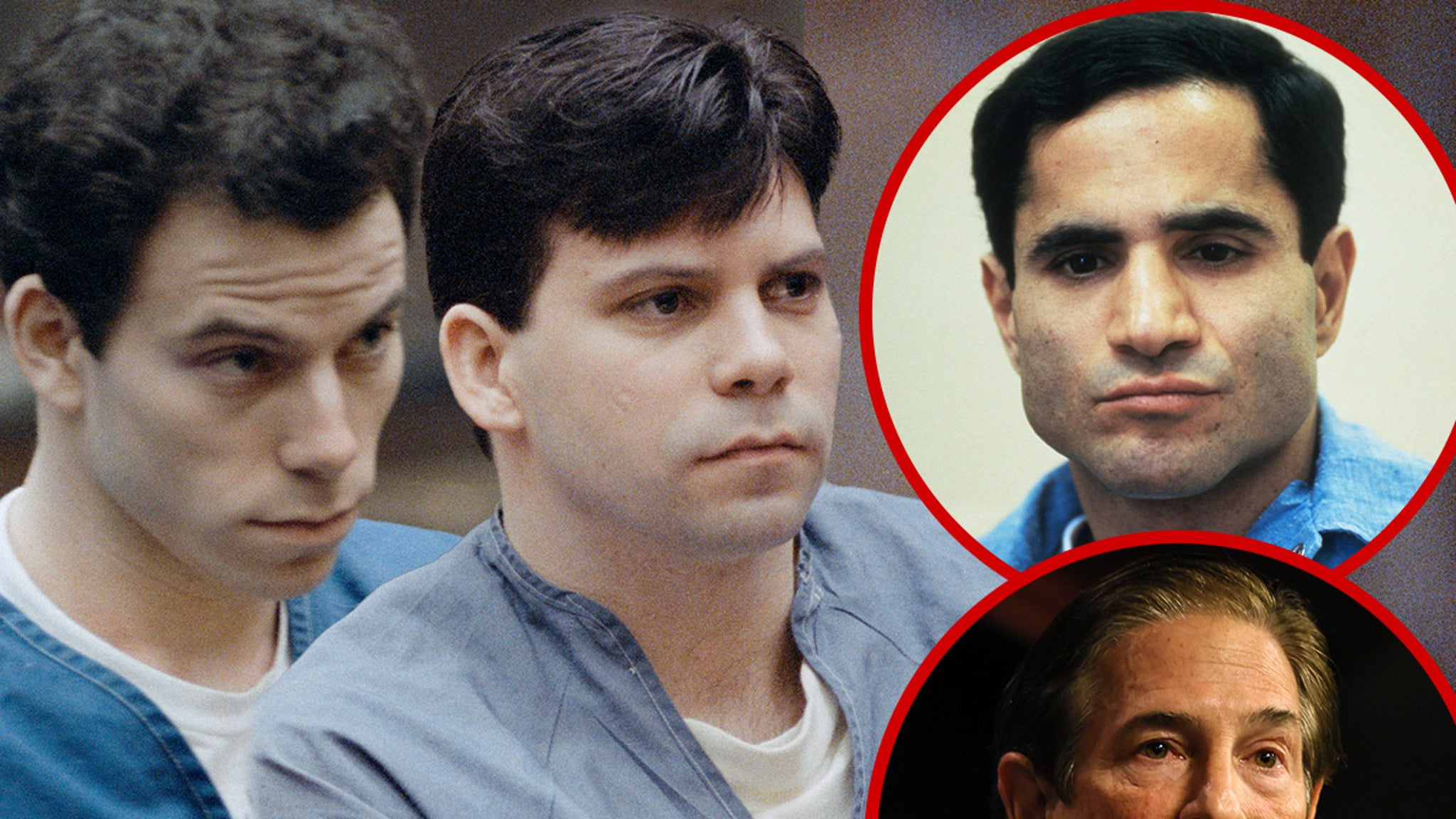
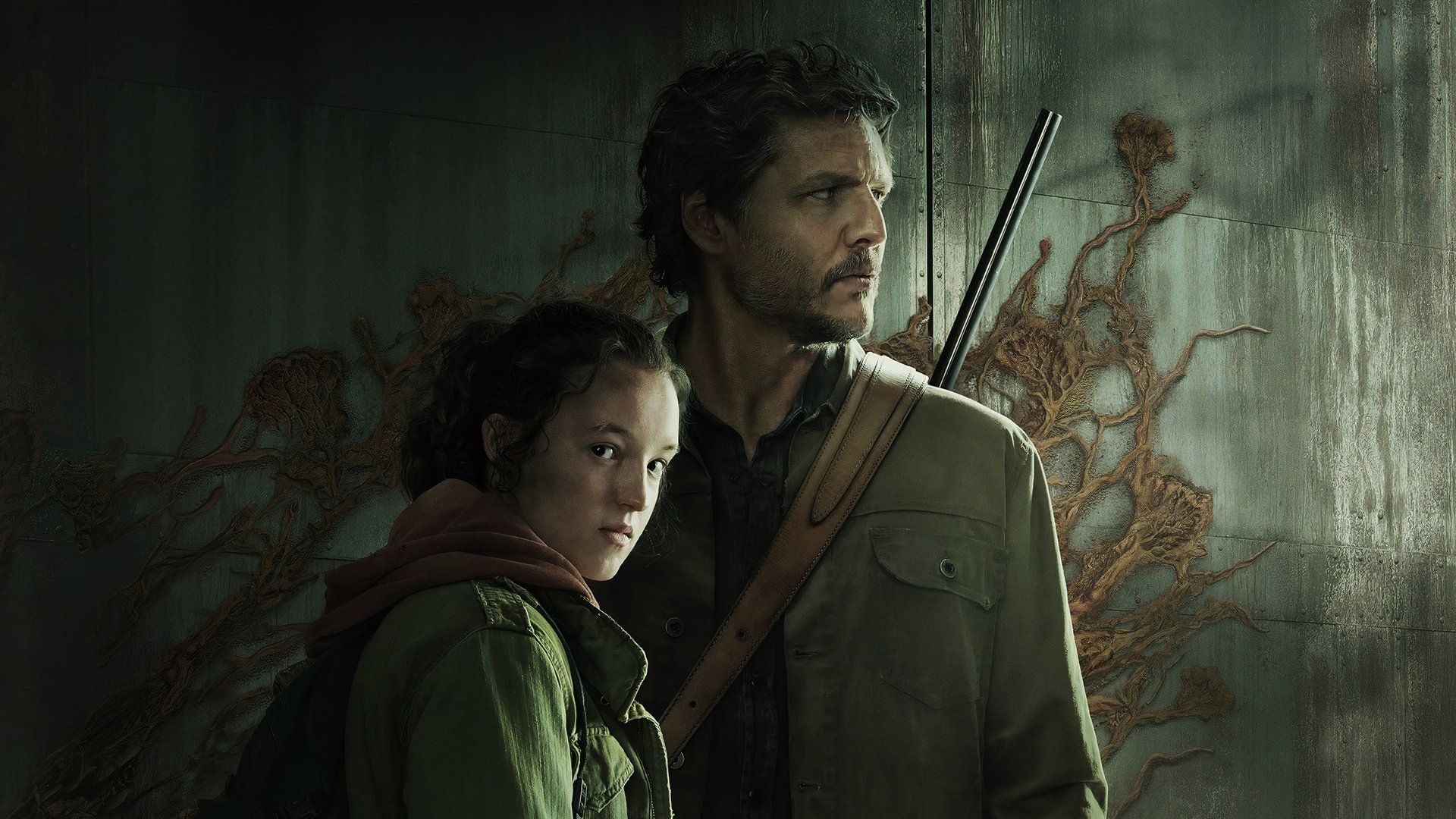
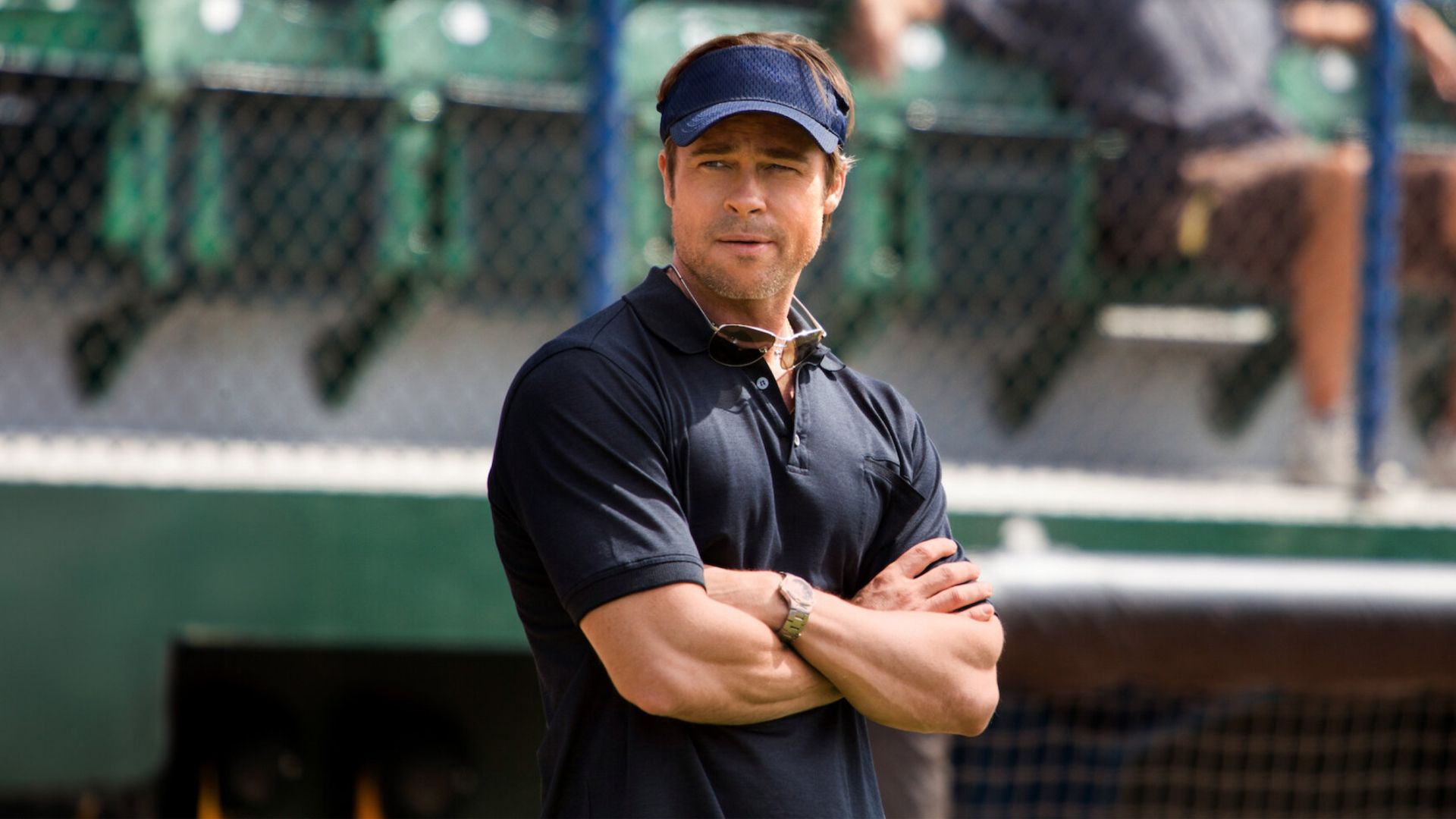




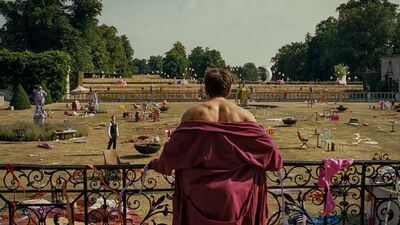

.jpg)









